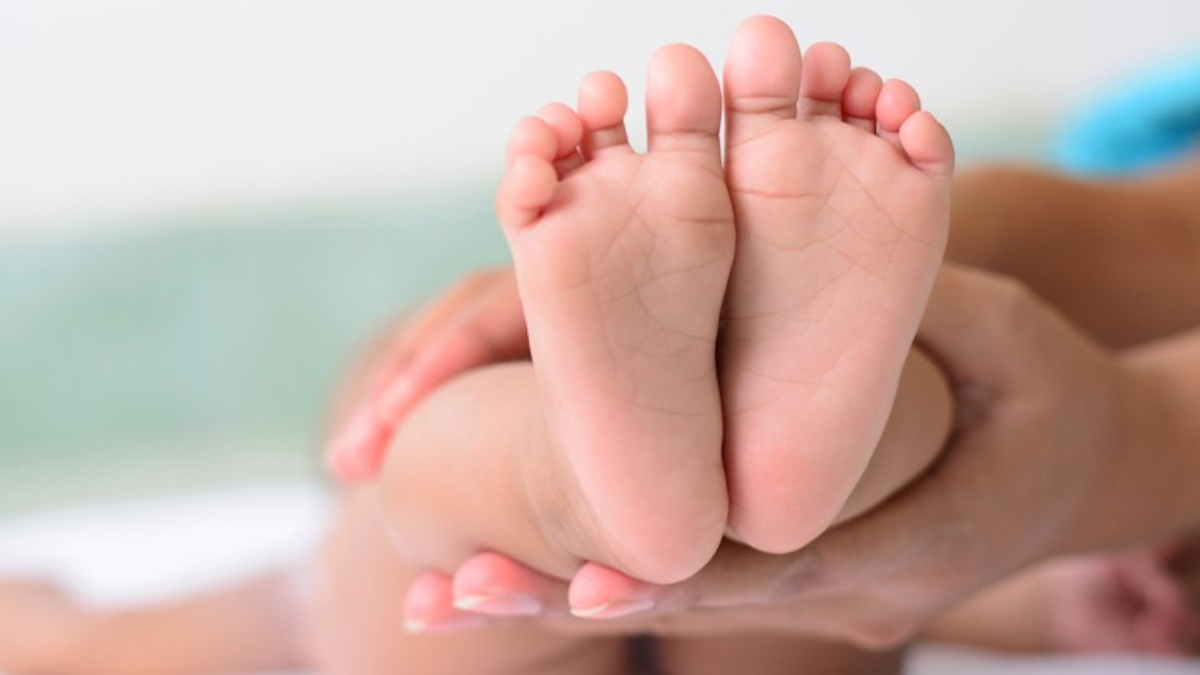New era in fertility? World’s first baby conceived with automated IVF technology
 Image used for representation
Image used for representation
In a ground-breaking achievement, a baby was conceived through a fully automated In Vitro Fertilization ( IVF) system with the help of Artificial Intelligence (AI).
In Vitro Fertilization (IVF) is a treatment for infertility, during which mature eggs are collected and fertilised in a lab, as per Mayo Clinic. This historic milestone marks a shift in the way IVF works and how it could be performed in the future, which could potentially increase success rates and reduce the number of cycles needed for insemination.
This automated IVF system was developed by experts at New York based Conceivable Life Sciences and it replaces the manual help needed for Intracytoplasmic Sperm Injection ( ICSI) with machines and remotes.
How it works
ICSI is a complex procedure that usually needs experts in embryology to inject a sperm to an egg. This AI powered system performs 23 steps involved in Sperm injection without any manual labour involved by identifying the most viable embryos and improving fertilisation success rates.
This can majorly benefit in cases where the mother/father has unexplained infertility and poor embryo quality. Even though the process takes a longer time compared to the traditional IVF method, it helps to recognise early diseases in embryos. The automated IVF system selects the most promising sperm by analysing their motility and morphology and chooses the one that would most likely fertilise, later they immobilise the sperm using a laser and the robotic arms guide this sperm into the egg precisely, as per TOI.
Future of AI in Healthcare
This feat could potentially increase consistency and efficiency thereby increasing embryo development rates, improved accessibility and less pressure on embryologists.
While this achievement is significant, experts suggest that more ethical studies should be conducted to confirm the safety and effectiveness of the procedure. Nevertheless, the breakthrough marks a start of a new chapter in fertility where technology and biology go hand-in-hand.
As AI continues to transform the face of healthcare, fertility stands as a solid area of expertise which can help automated IVF to be mainstream thus opening an accessible and reliable healthcare worldwide.
Health